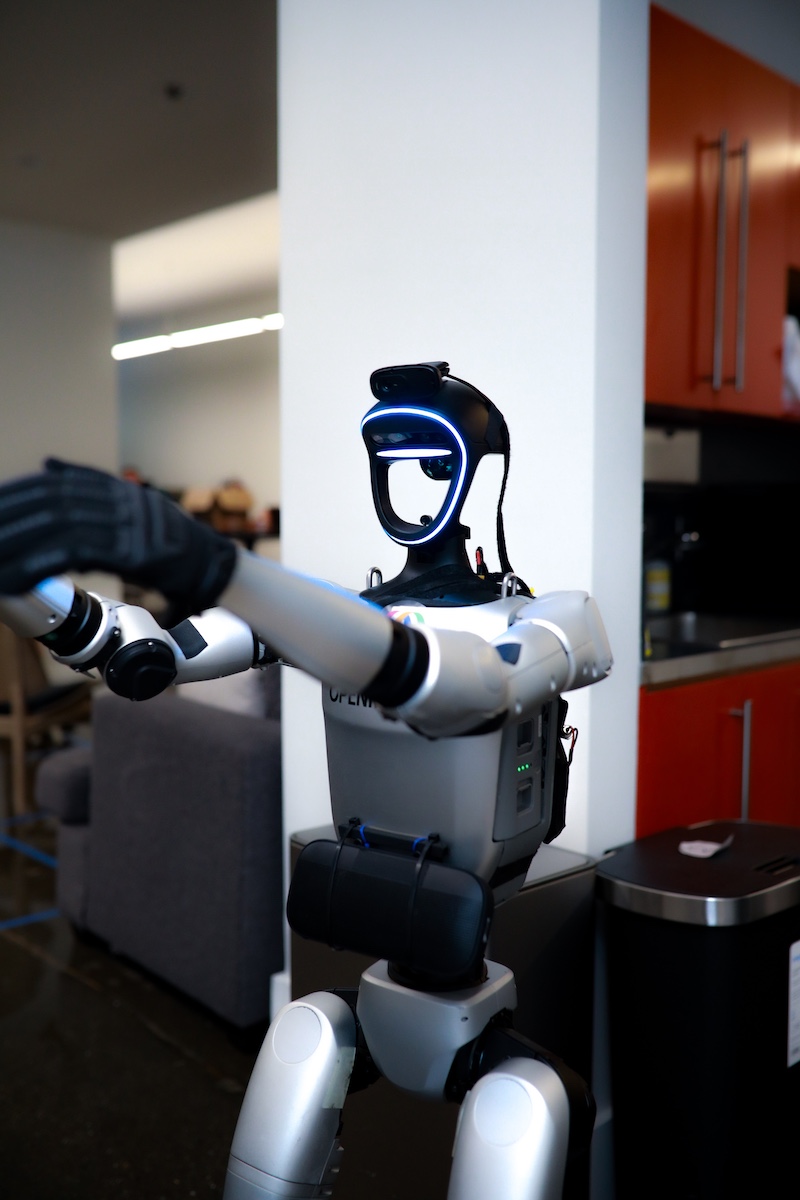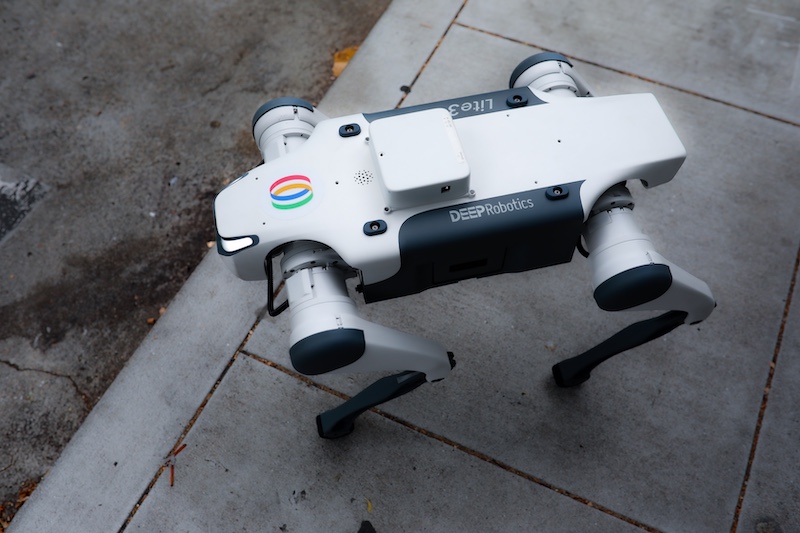OpenMind has released the beta version of what it says is “the world’s first open-source operating system for intelligent robots”, adding that it’s “a universal platform that allows any robot to perceive, reason, and act in the real world”.
Robotics has long been fragmented, with developers forced to choose between closed ecosystems, hardware-specific software, or steep learning curves.
This allows any developer to install fully autonomous software on their robots.
This release marks a major step toward what OpenMind believes to be the future for robotics: a shared foundation that accelerates development, fosters interoperability, and unlocks a new era of machine intelligence.
Key features of the beta release
- Hardware Agnostic – Works across quadrupeds, humanoids, wheeled robots, and drones.
- AI Model Integrations – Plug-and-play support for OpenAI, Gemini, DeepSeek, and xAI.
- Voice + Vision – Natural communication through speech-to-text (Google ASR), text-to-speech (Riva, ElevenLabs), and vision/emotion analytics.
- Preconfigured Agents – Ready-to-use for popular platforms like the Unitree G1 Humanoid, Go2, TurtleBot, and Ubtech mini humanoid.
- Autonomous Navigation – Real-time SLAM, LiDAR support, and Nav2 for path planning.
- Simulation Support – Gazebo integration for testing before deploying on hardware.
- Cross-Platform – Runs on AMD64 and ARM64, delivered via Docker for fast setup.
- OM1 Avatar – A modern React-based frontend application that provides the user interface and avatar display system for OM1 robotics software
Why this matters
Robotics has reached a tipping point. Billions of dollars have been invested in hardware, but without a universal intelligence layer, robots remain difficult to program, siloed by manufacturer, and under-utilized.
OpenMind’s open-source release addresses this by:
- Lowering barriers to entry – Anyone can build intelligent robots without proprietary lock-in.
- Fostering collaboration – Developers worldwide can contribute, share, and extend capabilities.
- Creating interoperability – A single OS that works across robot types and manufacturers.
- Accelerating adoption – Making robotics as accessible and fast-moving as software development.
Jan Liphardt, CEO of OpenMind, says: “Robots shouldn’t just move – they should learn, adapt, and collaborate.
“With this release, we’re giving developers the foundation to make that a reality. Just as Android transformed smartphones, we believe an open OS will transform robotics.”
What developers can do now
With the beta release available on GitHub, developers can:
- Prototype voice-controlled quadrupeds in minutes.
- Test collaborative navigation with real-time mapping and obstacle avoidance.
- Deploy humanoid robots that integrate language models for natural interaction.
- Simulate behaviors in Gazebo before deploying in the real world.
CTO Boyuan Chen, CTO, says: “OM1 gives developers a shortcut to the future. Instead of stitching together tools and drivers, you can immediately start building intelligent behaviors and applications.”
Availability
The beta release is now available on GitHub. Documentation, setup guides, and community support can be found in OpenMind’s documentation hub. Developers, researchers, and enterprises are invited to download, experiment, and contribute.


